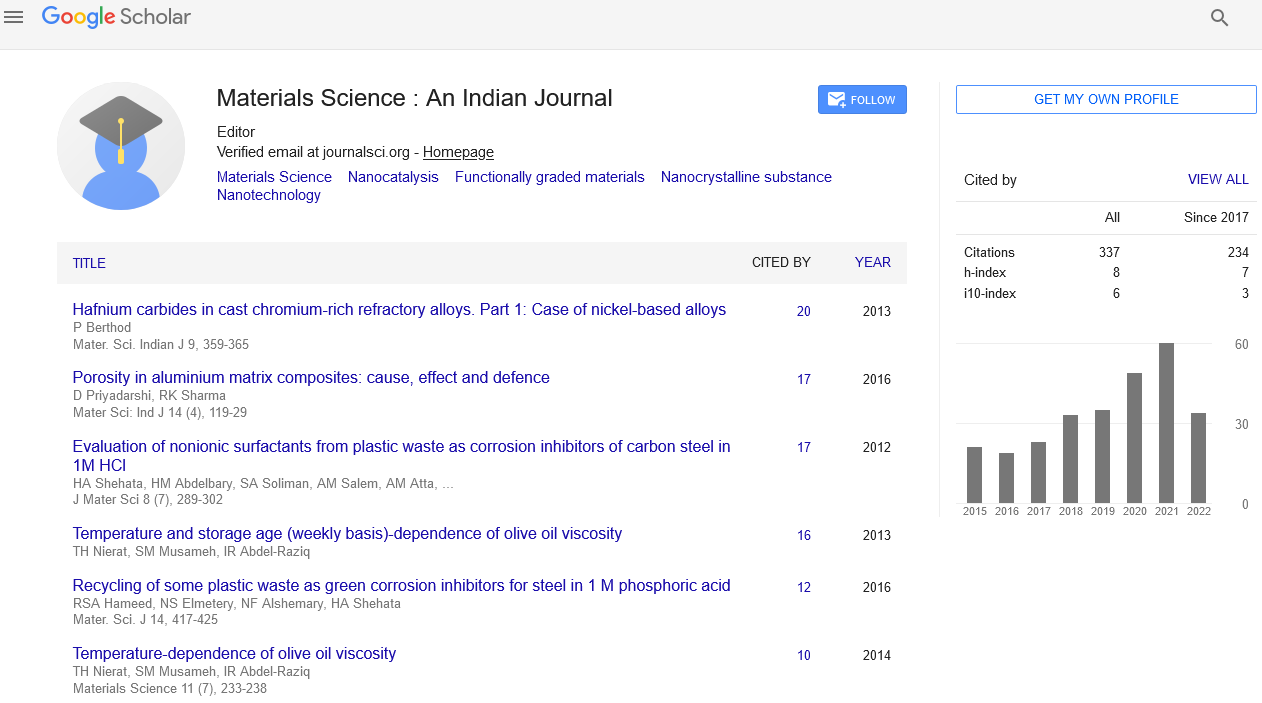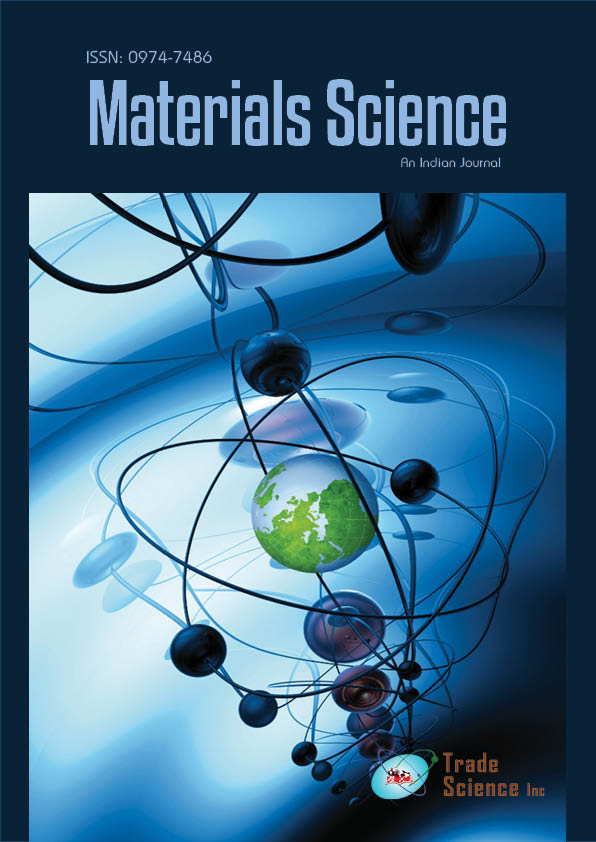Abstract
Oxide spallation during cooling from high temperatures affecting carbides-containing nickel-based alloys Part 2 : Case of Ni-Cr-C alloys with addition of tantalum
Author(s): Patrice Berthod, Lionel Aranda, C�������©line V�������©bertThermal cycles may induce a partial or total loss of the oxide scale formed before at high temperature on the external surface of alloys. This loss is logically attributed to the thermal contraction during cooling, which is often more important for alloy than for oxide. The purpose of the second part of this work is to examine the effect of the presence of tantalumon the progress of oxide spallation during cooling for nickel alloys. This was characterized by exploiting the cooling parts of thermogravimetry curves obtained for chromia-forming nickel-based alloys, elaborated by foundry and containing or not tantalum. It appeared that this element, which oxidizes into a more or less continuous sub-cortical second layer, seemdeteriorating the adherence of external chromia on alloy. Consequently, at cooling, spallation of the external oxide scale occurs at higher temperatures and its kinetic is accelerated.

